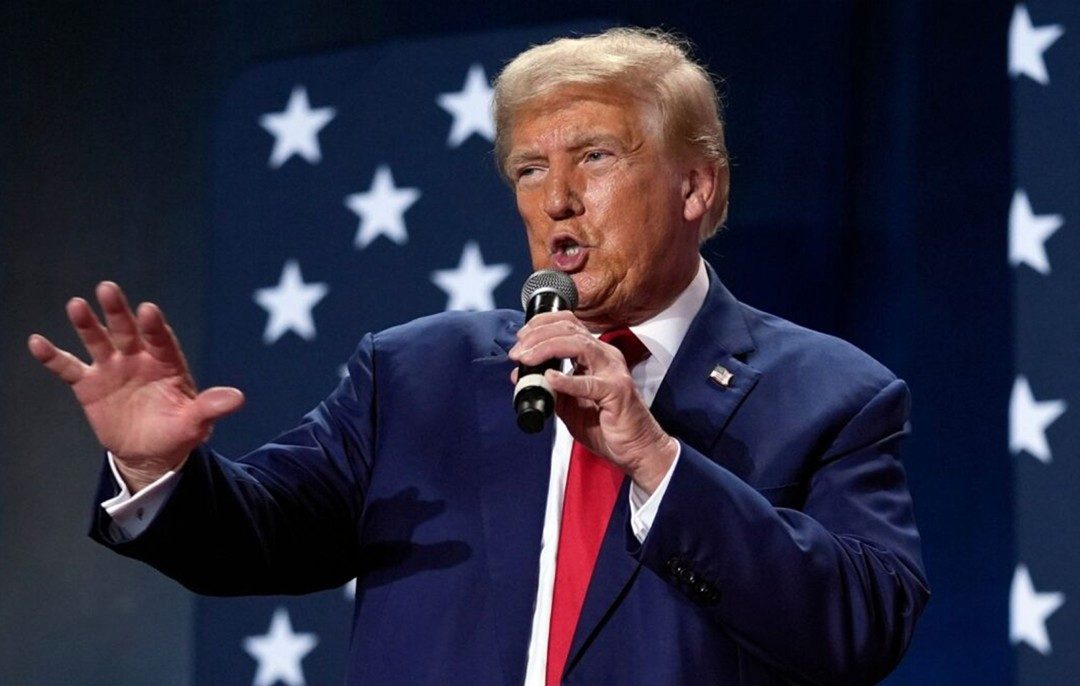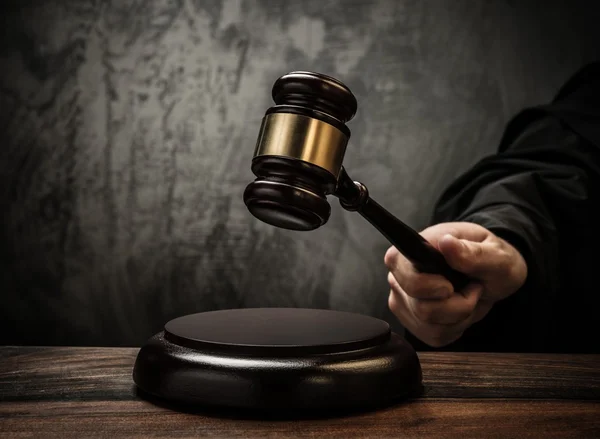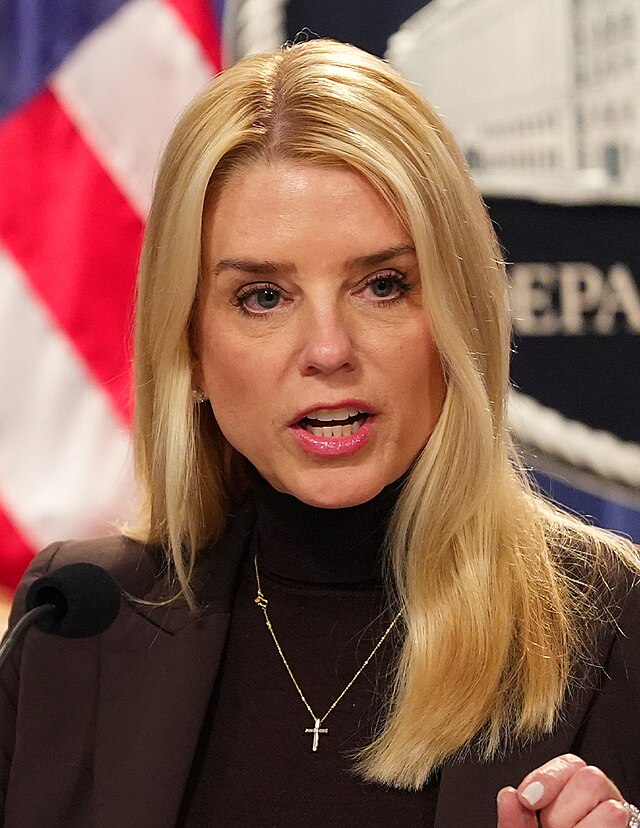President Donald Trump has called for the prosecution of individuals responsible for leaking a classified Defense Intelligence Agency (DIA) assessment regarding the recent U.S. airstrike on Iranian nuclear facilities. The president, speaking Sunday on Sunday Morning Futures with Maria Bartiromo, also suggested that journalists who reported on the leak should be compelled to reveal their sources due to the implications for national security.
“They should be prosecuted,” Trump said firmly. “We can find out. If they want to, we can find out easily. You go up and tell the reporter, ‘National security, who gave it [to you]?’ You have to do that, and I suspect we’ll be doing things like that.”
At the center of the controversy is a leaked intelligence report, described as having “low confidence,” which suggested the U.S. airstrike delayed Iran’s nuclear program by only a few months. Outlets such as CNN and The New York Times published details from the assessment, but critics, including Trump, argue these reports failed to contextualize the “low confidence” label appropriately—thereby misrepresenting the success of the military operation.
The administration maintains that the airstrike dealt a decisive blow to Iranian nuclear infrastructure and that full restoration of the affected facilities could take years. Officials argue the leaked report undermines that conclusion and potentially compromises sensitive intelligence sources and methods.
Intelligence experts have since weighed in, emphasizing that early reports like the DIA’s “Quick Look” assessments are typically based on limited data and should be interpreted with caution.
Dan Shapiro, a former U.S. ambassador to Israel and former deputy assistant secretary of Defense for the Middle East, explained to Fox News Digital that such assessments are often compiled rapidly using satellite imagery and other preliminary tools. “That’s one piece of the puzzle,” Shapiro said. “A full understanding requires integrating signals intelligence, human intelligence, and possibly physical inspections by international agencies.”
He added that if U.S. munitions performed as designed, “significant damage was done” and Iran’s nuclear ambitions may have been severely set back.
Retired Rear Adm. Mark Montgomery, now with the Foundation for the Defense of Democracies, echoed that view, noting the frequent use of “low confidence” tags in early intelligence briefings. “It simply means the analyst is not yet confident in the accuracy of their assessment,” he said.
The situation underscores mounting tensions between the Trump administration and media outlets over the handling of classified information. While the full strategic and diplomatic consequences of the Iran strike remain to be seen, Trump’s firm stance on leaks signals an aggressive posture toward protecting intelligence—and punishing those who compromise it.

Sarah Mitchell is a bestselling novelist recognized for her insightful and emotionally resonant stories that explore the complexities of human relationships. Originally from Denver, Colorado, Sarah grew up in a family of teachers who nurtured her curiosity and love for storytelling. She studied psychology at Stanford University, where she became fascinated by the intricacies of human behavior—an interest that would later shape her writing career. Sarah’s novels are praised for their nuanced characters, intricate plots, and ability to capture the subtle tensions that define love, friendship, and family ties. Her breakthrough novel, The Spaces Between Us, became an instant bestseller, lauded for its honest portrayal of strained family relationships and the fragile bonds that hold people together. Since then, she has published several works that continue to captivate audiences around the world. Outside of her writing career, Sarah is passionate about mental health advocacy and often partners with organizations to promote awareness and support for those struggling with emotional well-being. Her personal life is quieter—she enjoys hiking in the Colorado mountains, practicing yoga, and spending time with close friends. With each new book, Sarah Mitchell cements her reputation as a writer who illuminates the beauty and struggles of human connection.








